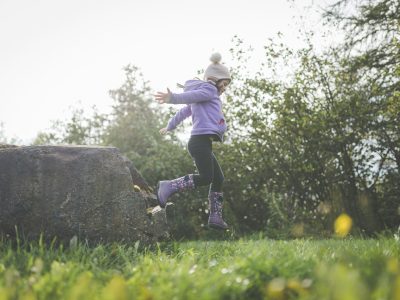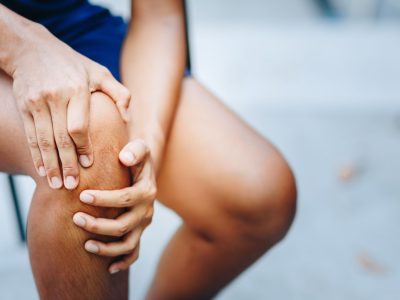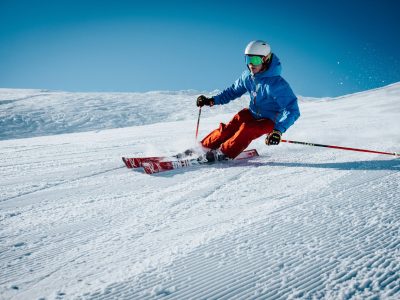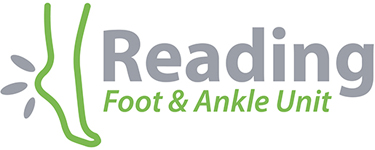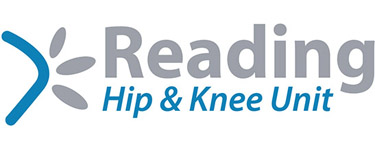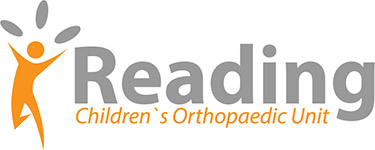Meniscal Cartilage Tears of the Knee
Meniscal Cartilage Tears of the Knee : What You Need to Know
Introduction :
The menisci are two C-shaped wedges of cartilage located in the knee joint. They help to distribute weight evenly across the knee and provide shock absorption.
Picture 1 : Keyhole picture of the inside of the left knee showing normal healthy joint surfaces the free inner edge of a healthy meniscal cartilage.
Meniscal tears are fairly common and occur when the meniscus is damaged or worn down over time. In this patient information leaflet, you will learn about the causes, symptoms, and management of meniscal tears.
Picture 2 : Keyhole picture of inside of the left knee showing a torn inside meniscal cartilage ‘flapping’ in the joint.
Causes of Meniscal Tears
Meniscal tears can occur due to a number of reasons including:
i. Trauma: A sudden twist or a direct blow can cause a meniscal tear.
ii. Age-related wear and tear: The menisci naturally wear down over time, making them more prone to tears as we age.
iii. Degenerative conditions: Osteoarthritis can weaken the menisci and make them more susceptible to tears.
Symptoms of Meniscal Tears
If you have a meniscal tear, you may experience the following symptoms:
I. Pain: Pain is the most common symptom of a meniscal tear. You may feel a sharp pain in your knee, especially when twisting or rotating your knee.
II. Stiffness: You may feel stiffness in your knee, especially after sitting for long periods of time.
III. Swelling: Swelling may occur in the knee joint due to fluid accumulation.
IV. Locking: You may feel as if your knee is “locking” and you can’t fully extend or bend it.
V. Popping: You may hear a “popping” sound when you have a meniscal tear.
Diagnosis & Treatment of Meniscal Tears
If you suspect you have a meniscal tear, it is important to seek medical attention.
Your doctor will perform a physical examination and may order an imaging test such as an MRI to confirm the diagnosis.
Picture 3 : Mri Scanner
Picture 4 : MRI scan of knee
Treatment for a meniscal tear varies depending on the type of tear and symptoms its causing:
Nonsurgical treatments include:
1. Rest: Resting the affected knee can help to reduce pain and swelling.
2. Ice: Applying ice to the affected area can help to reduce pain and swelling.
3. Physical therapy: Physiotherapy can help to strengthen the muscles surrounding the knee, improve flexibility, and reduce pain.
In some cases, surgery may be necessary to attempt to repair or remove the damaged portion of the meniscus. Surgery is typically performed keyhole (arthroscopy) as an a day case procedure under a general anaesthetic (fully asleep). For more information about arthroscopy click here (arthroscopy info leaflet) The recovery time can vary depending on the extent of the injury, and how it is treated.
Picture 5: Cartoon of knee arthroscopy (Keyhole procedure)
Prevention of Meniscal Tears
To help prevent meniscal tears, it is important to maintain a healthy weight, keep the muscles surrounding the knee strong, and avoid high-impact activities such as running on hard surfaces. Wearing proper footwear with good support can also help to reduce the risk of knee injuries.
Conclusion
Meniscal tears are common knee injuries that can be caused by a variety of factors. Symptoms of a meniscal tear may include pain, stiffness, swelling, locking, and a popping sound. Treatment options vary depending on the severity of the injury and can range from rest and physical therapy to surgery. To help prevent meniscal tears, it is important to maintain a healthy weight, keep the muscles surrounding the knee strong, and avoid high-impact activities. If you suspect you have a meniscal tear, it is important to seek medical attention.
If you think you have sustained a meniscal tear or have any other knee problem and would like to see me please contact Debbie Rollason my PA on 07305097137 or e mail – nevdavies.secretary@gmail.com


